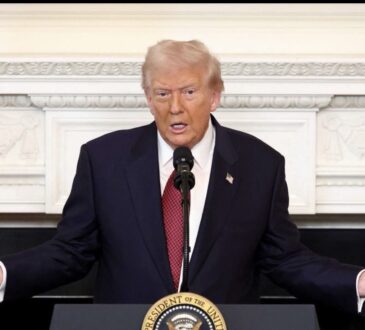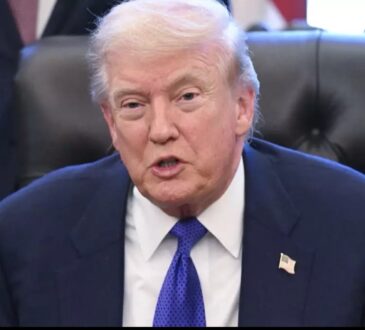What Trump’s ‘sickening’ new announcement could mean as people convinced it has a more sinister intention

Donald Trump has stirred up a major political debate by announcing that he wants to change the way the US Census works, in a move that would break more than 200 years of tradition. He posted on Truth Social that he has directed the Department of Commerce to create what he calls a “new and highly accurate” census. According to Trump, this new version would be based on modern data and would even use information from the 2024 presidential election. The most controversial part of his plan is his promise that people in the country illegally would not be counted at all.
The US Census, which has been carried out every 10 years since 1790, is far more than just a population count. It is the backbone of how political representation is distributed, since the number of seats each state gets in the House of Representatives depends on census results. Billions of dollars in federal funding are allocated based on these numbers, shaping how much money goes to schools, hospitals, infrastructure projects, and social services in different areas. Businesses use census data to decide where to open new stores or offices, law enforcement agencies use it to track crime patterns, and public health officials rely on it to monitor and respond to disease outbreaks. Because it affects everything from politics to healthcare, any change to the census could have enormous consequences for the entire country.
Critics say Trump’s proposal is not just about data accuracy but about reshaping political power in the United States. If undocumented immigrants were excluded from the count, it could lead to fewer congressional seats for states with large immigrant populations—states that often lean Democratic. John Bisognano, president of the National Democratic Redistricting Committee, said this move fits into a larger Republican strategy to redraw political maps in a way that secures long-term electoral advantages. He accused Trump of trying to bypass the Constitution and “predetermine election outcomes” to strengthen his grip on power. Meeta Anand, senior director for census and data equity at the Leadership Conference on Civil and Human Rights, warned that this is part of a broader tactic to cast doubt on official data, encouraging people to distrust numbers collected by nonpartisan, scientifically sound methods and instead accept politically influenced figures.
The most recent census, conducted in 2020, recorded the US population as just over 331 million people but did not identify how many were undocumented. The Pew Research Center estimates that in 2022 there were about 11 million undocumented immigrants in the US, down from a peak of about 12.2 million in 2007. Removing such a large group from the count would not only shift political power but could also affect how funding and resources are distributed across the country.
Some Americans who rely on census data in their jobs reacted with frustration and alarm, calling Trump’s plan “sickening” and warning that it could damage the integrity of one of the most important public datasets in the country.
Actually carrying out Trump’s proposal would be extremely difficult. The Census Act, which governs how the census is conducted, would need to be changed, requiring approval from Congress—a significant challenge, especially with divided political control. The 14th Amendment to the Constitution explicitly states that the census must count “the whole number of persons” in each state, which the Census Bureau has interpreted for decades to mean counting everyone, regardless of immigration status. Federal law also prevents conducting a brand-new nationwide census in the middle of the decade, making Trump’s plan for an immediate redo even more complicated.
Despite these legal and procedural obstacles, Trump’s announcement has already sparked heated debate, with supporters praising the idea as a way to prevent “inflated” population counts and opponents warning it would undermine democracy. Even if the plan never moves forward, the controversy shows how something as routine as a population count can become a fierce political battleground when it touches on questions of representation, resources, and power.




